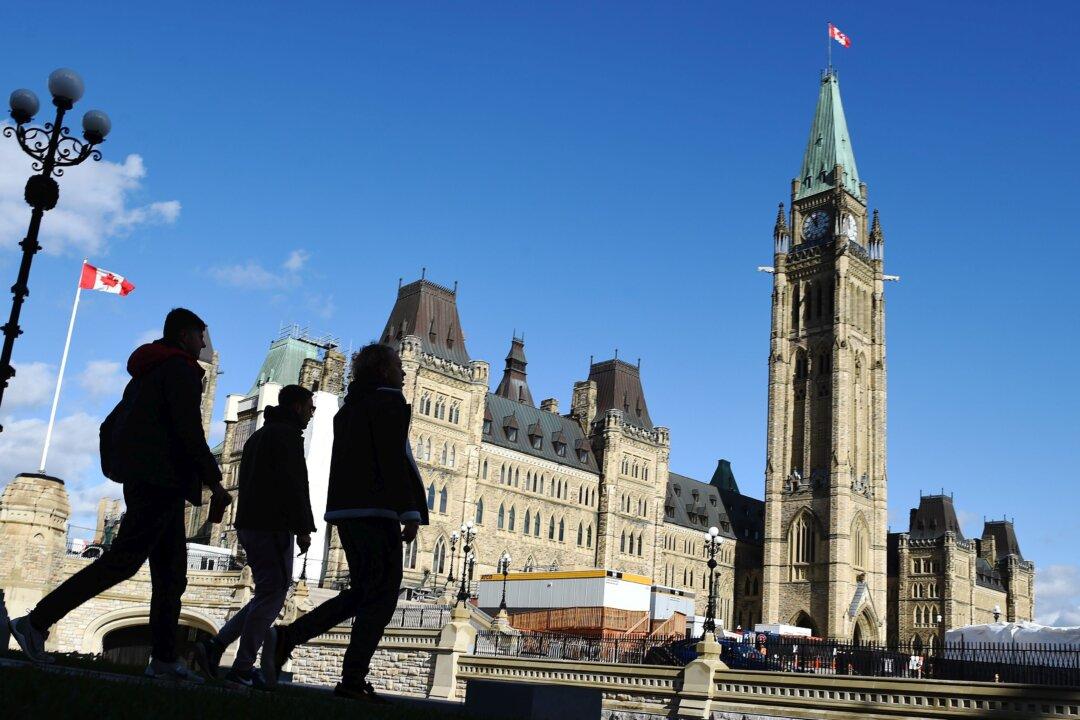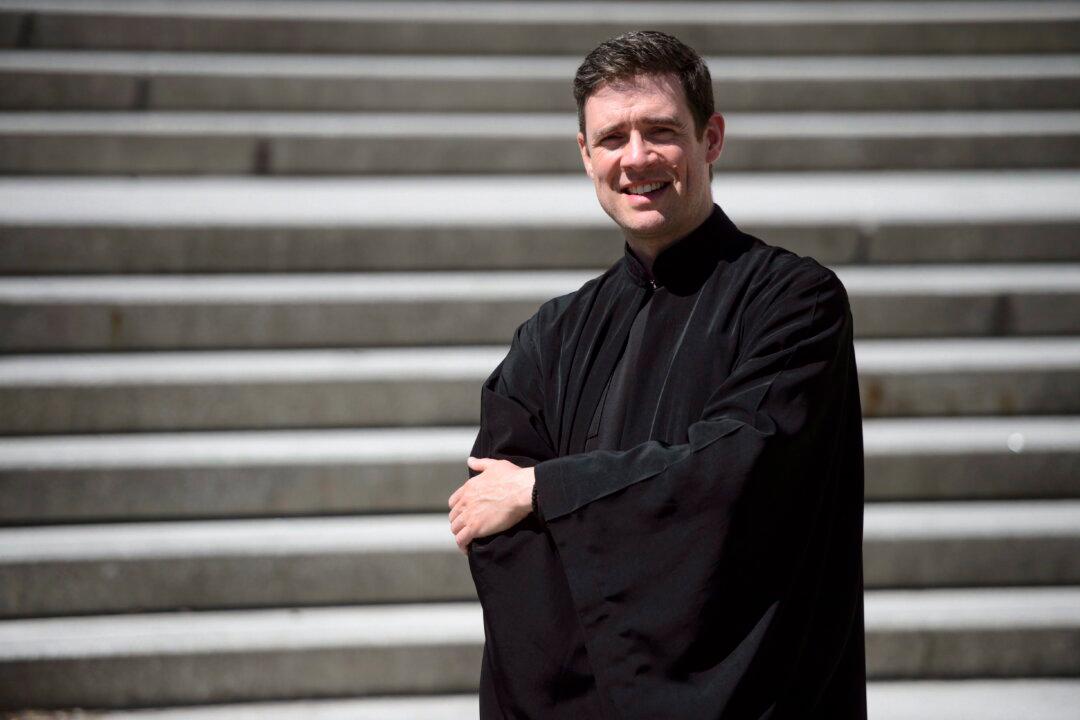As the Liberals’ conversion therapy bill moves to the next stage of review today, legal experts are warning that the legislation may infringe on Charter rights by imposing a “one-size-fits-all treatment” of gender transition on children experiencing gender distress, while removing the rights of parents and health-care providers to decide what’s best for the child.
Lawyer Lisa Bildy with the Justice Centre for Constitutional Freedoms told the parliamentary Justice Committee on Dec. 8 that Bill C-6 pushes “affirmation” and transition as the only acceptable response to children who are confused about their gender, without considering that they may be experiencing gender dysphoria, or that their feelings may change later in life.





